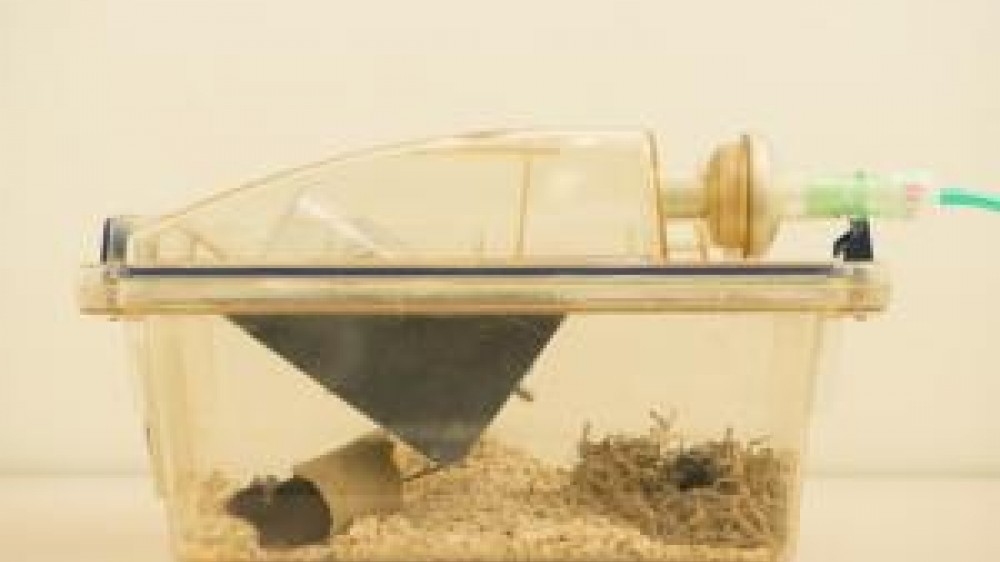New e-learning resource on laboratory animal euthanasia

Our new e-learning resource “Euthanasia in Laboratory Animals” is now available. This is the third e-learning resource developed by Professor Paul Flecknell and his team at Newcastle University with funding from the NC3Rs.
A version that permits tracking of user completion is available at FLAIRE Learning.
Humane killing is a necessary part of the vast majority of research projects involving laboratory animals. It is essential that appropriate and humane methods are used, by competent people, in order to protect the welfare of the animals being killed. The new resource provides information on the principles of humane killing (what constitutes ‘a good death’), the legal requirements, and the methods available for mice and rats. Future releases will include methods for other species.
The resource is free to access and can be used as a basic introduction to the topic, a refresher, or for more specific training necessary for continued professional development. It places the user in situations they may encounter in the laboratory, in order to improve and test their understanding of the issues surrounding euthanasia of animals.
The module been specifically designed to meet the learning objectives of EU Module 6.1 “Humane methods of killing (theory)”. It also features text-based material to encompass the learning outcomes of EU Module 6.3 (for those people who are only involved in the humane killing of animals and do not perform other functions). Video material demonstrating the methods listed in Schedule 1 of the UK A(SP)A and Annex IV of Directive 2010/63/EU is also included.
For further information on this topic, the report of the second Newcastle meeting on laboratory animal euthanasia was published in August 2016. It summarises the evidence base on humane killing methods and gives recommendations to help inform good practice.
To access the previous e-learning modules – on anaesthesia for minor procedures, and recognition and prevention of pain and distress in laboratory animals – visit www.nc3rs.org.uk/3Rs-resources
